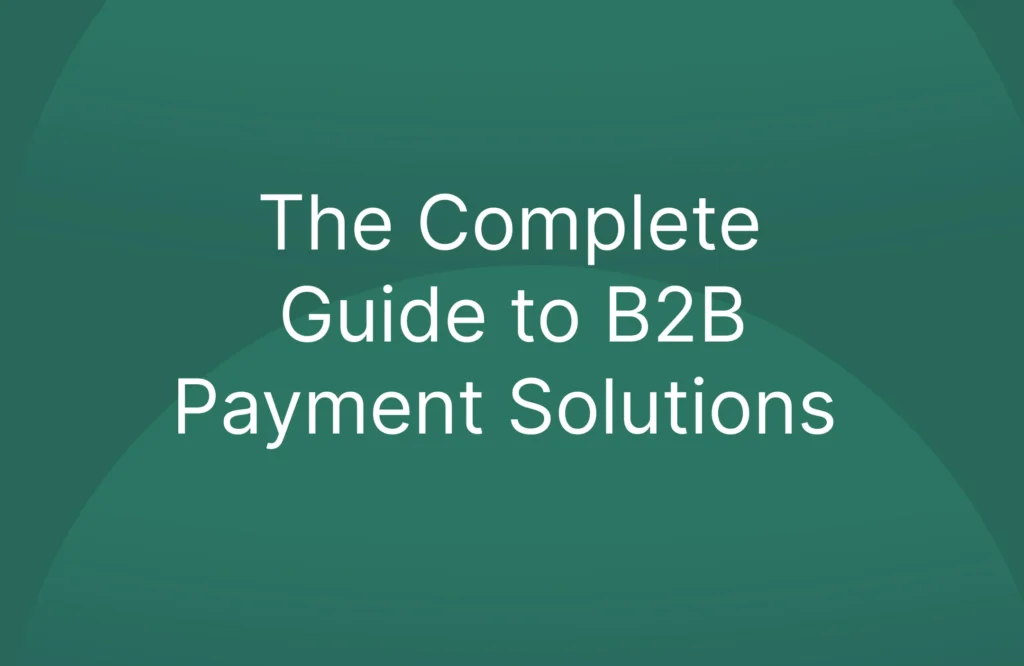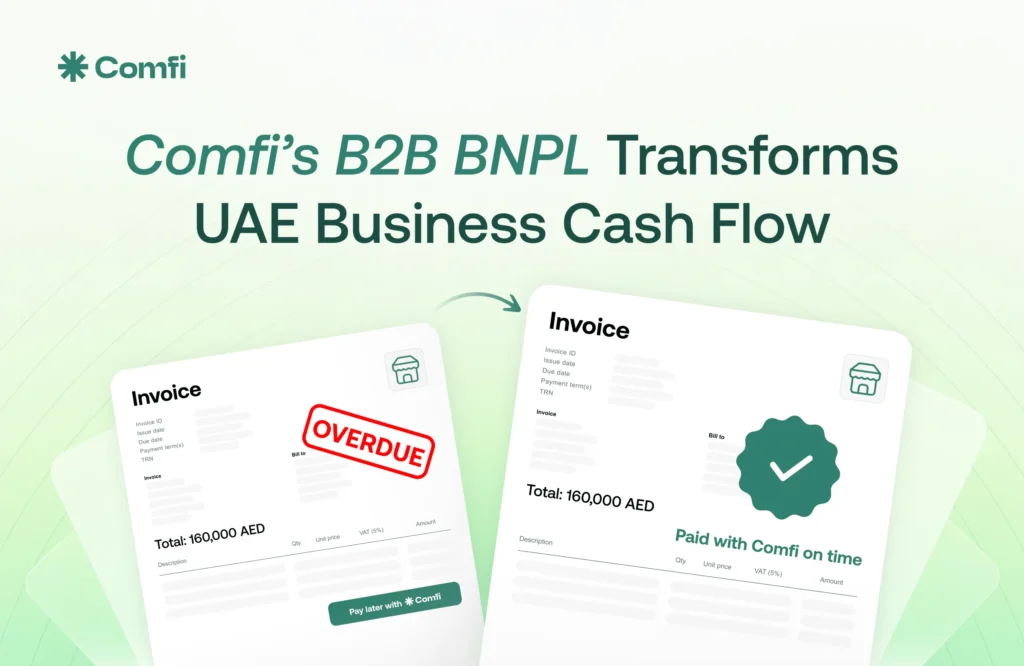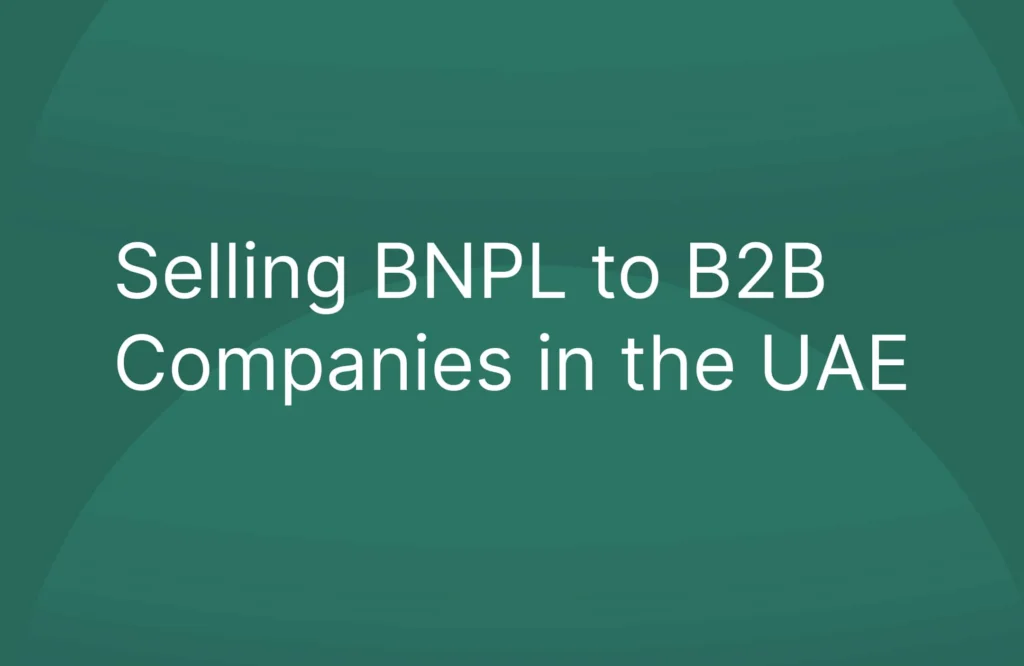Introduction
B2B payment solutions are essential tools that help businesses manage their financial transactions efficiently. These solutions enable companies to send and receive payments, track transactions, and ensure timely and secure exchanges. As businesses grow and engage in more transactions, having an effective B2B payment solution is crucial. This article will explain what those solutions are, their benefits, challenges, and future trends.
What Are B2B Payment Solutions?
B2B payment solutions refer to a range of methods and tools that businesses use to handle transactions between each other. These solutions can include traditional methods like checks and wire transfers as well as modern digital options like ACH transfers, credit cards, and digital wallets. They aim to make the payment process faster, more secure, and more efficient.
Key Features of B2B Payment Solutions
- Electronic Invoicing: Automates the creation, delivery, and storage of invoices.
- Automated Payments: Schedules and processes payments automatically.
- Real-Time Tracking: Provides live updates on payment status.
- Integration: Connects seamlessly with accounting and ERP systems.
- Security: Employs advanced security measures to protect financial data.
Leading UAE B2B Payment Brand: Comfi
Comfi’s B2B payment platform provides embedded finance solutions, allowing wholesalers and manufacturers to provide up to 90 days of credit to their clients while receiving immediate payment.
Comfi’s solutions are designed for UAE-based businesses, enabling them to purchase from various suppliers with deferred payment terms, effectively bridging cash flow gaps.
Comfi works with suppliers in diverse industries, including but not limited to F&B, pharmaceuticals, medical supplies, spare parts, and chemicals. Some notable customers include KMTE Group, United Foods, Medikabazaar, and 64 Sec. We are Shariah-compliant and work in partnership with a local partner bank (FAB) to facilitate approvals and payments. Learn more about comfi and its products at comfi.ai
Benefits of B2B Payment Solutions for Businesses
Faster Transaction Times
B2B payment solutions significantly reduce the time it takes to process transactions. Unlike traditional methods that can take days, digital solutions can complete payments within minutes or hours, improving cash flow and operational efficiency.
Enhanced Security
Modern B2B payment solutions come with advanced security features such as encryption, tokenization, and multi-factor authentication. These measures help protect sensitive financial information from fraud and unauthorized access.
Improved Cash Flow Management
With automated invoicing and payment scheduling, businesses can better manage their cash flow. Predictable payment cycles help businesses plan and allocate resources more effectively, reducing the risk of cash shortages.
Cost Savings
Digital B2B payment solutions often have lower transaction fees compared to traditional methods. They also reduce administrative costs associated with manual processing, paper invoices, and mailing expenses.
Better Record Keeping
Automated payment solutions provide clear and detailed records of all transactions. This simplifies accounting, helps with auditing, and ensures compliance with financial regulations.
Challenges in Implementing B2B Payment Solutions
Integration Issues
Integrating new payment solutions with existing systems can be complex and time-consuming. Businesses must ensure that the new solutions work seamlessly with their current accounting and ERP systems to avoid disruptions.
Security Concerns
While digital payment solutions are generally secure, they are still vulnerable to cyber-attacks and fraud. Businesses need to invest in robust security measures and continuously monitor for potential threats.
Regulatory Compliance
Different countries have varying regulations regarding digital payments. Businesses must navigate these regulations to ensure compliance and avoid legal issues, especially when dealing with international transactions.
User Adoption
Getting all stakeholders to adopt new payment solutions can be challenging. Employees, suppliers, and customers may be resistant to change, requiring training and clear communication about the benefits and usage of the new systems.
Costs of Implementation
While B2B payment solutions can save money in the long run, the initial setup and integration costs can be high. Businesses need to consider these costs and ensure they have the necessary budget for implementation.
Industries That Can Benefit Most from B2B Payment Solutions
Manufacturing
Manufacturers deal with large volumes of transactions and complex supply chains. B2B payment solutions can streamline these processes, reduce errors, and improve cash flow management.
Retail and E-commerce
Retailers and e-commerce businesses can use B2B payment solutions to manage supplier payments, handle large transaction volumes, and improve inventory management.
Professional Services
Firms in professional services, such as law, consulting, and accounting, can benefit from streamlined billing and payment processes, reducing administrative overhead and improving client satisfaction.
Healthcare
The healthcare industry involves numerous transactions with suppliers, insurers, and patients. B2B payment solutions can simplify these transactions, reduce costs, and ensure timely payments.
Logistics and Transportation
Logistics and transportation companies manage payments for shipping, warehousing, and supply chain services. B2B payment solutions help them handle these transactions efficiently and securely.
Steps for Getting Started with B2B Payment Solutions
Assess Your Needs
Evaluate your current payment processes and identify pain points. Determine what features you need in a B2B payment solution to address these issues and improve efficiency.
Choose the Right Solution
Research and compare different B2B payment solutions. Look for features such as integration capabilities, security measures, cost, and user-friendliness. Choose a solution that fits your business needs and budget.
Plan for Integration
Work with your IT team or a technology partner to plan the integration of the new payment solution with your existing systems. Ensure that the integration process is smooth and does not disrupt your business operations.
Train Your Team
Provide training for your employees on how to use the new payment solution. Ensure they understand the benefits and how to handle transactions securely. Offer ongoing support to help them adapt to the new system.
Communicate with Stakeholders
Inform your suppliers, customers, and other stakeholders about the transition to the new payment solution. Provide guidance on how they can use the new system and the benefits it offers.
Monitor and Optimize
Regularly review your B2B payment processes to identify areas for improvement. Monitor key performance indicators such as processing times, costs, and security incidents. Continuously optimize your system to ensure it meets your business needs.
Leading UAE B2B Payment Provider: comfi.ai
Comfi makes business buying and selling easier in UAE:
For sellers:
- Get paid fast
- Buyers can pay Comfi in 90 days
For buyers:
- Buy from many sellers
- Pay Comfi later
Comfi works with various industries like food, medicine, and chemicals.
Comfi follows Islamic finance rules and partners with FAB bank.
UAE businesses can learn more at comfi.ai
Future Trends and Developments in B2B Payment Solutions
Growth of Digital Wallets
Digital wallets are becoming more popular for B2B transactions. They offer convenience, speed, and security, making them an attractive option for businesses looking to streamline their payment processes.
Expansion of Blockchain Technology
Blockchain technology is poised to revolutionize B2B payments. It offers transparency, security, and efficiency, helping businesses reduce fraud and streamline their financial transactions.
Increased Use of AI and Machine Learning
AI and machine learning technologies are expected to enhance B2B payment solutions. They can provide advanced fraud detection, process automation, and predictive analytics, improving efficiency and security.
Real-Time Payments
Real-time payment systems are becoming more widespread, offering businesses faster and more efficient ways to transfer funds. This trend is driven by advances in technology and increasing demand for instant payment solutions.
Read also: Trade Finance Officer in the UAE
Enhanced Security Measures
Future developments in B2B payment solutions will likely focus on enhancing security. This may include the use of biometric authentication, advanced encryption techniques, and real-time fraud detection.
Conclusion
B2B payment solutions are transforming the way businesses handle transactions. They offer numerous benefits, including faster transaction times, enhanced security, improved cash flow management, cost savings, and better record-keeping. While challenges exist, businesses that successfully implement B2B payment solutions can gain a competitive advantage and streamline their financial operations.
As technology continues to evolve, we can expect to see further advancements in B2B payment solutions. The growth of digital wallets, blockchain technology, AI, real-time payments, and enhanced security measures are just a few of the trends that will shape the future of business transactions. By staying informed about these advancements, you can optimize your financial operations and succeed in an increasingly digital world. If you want to learn more, you can book a meeting to discuss your revenue: Link


